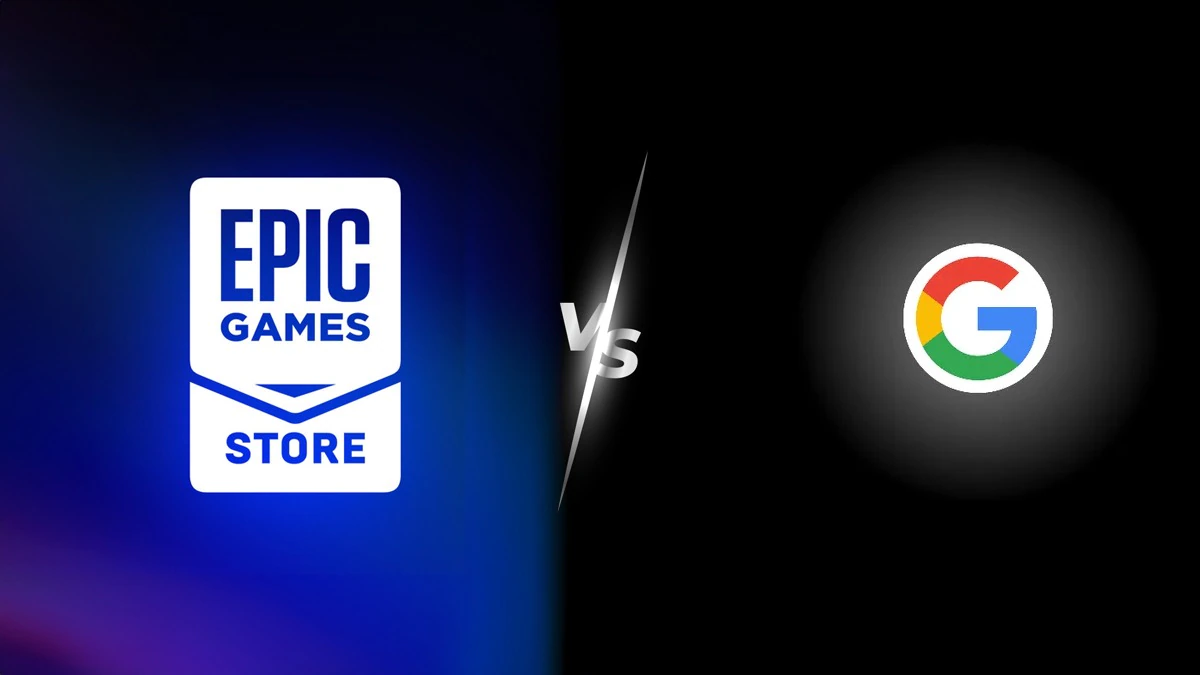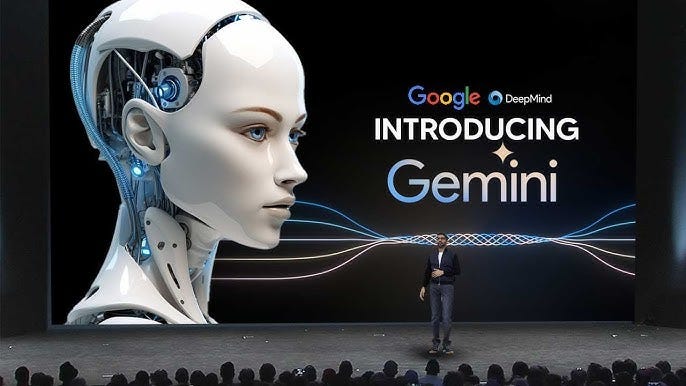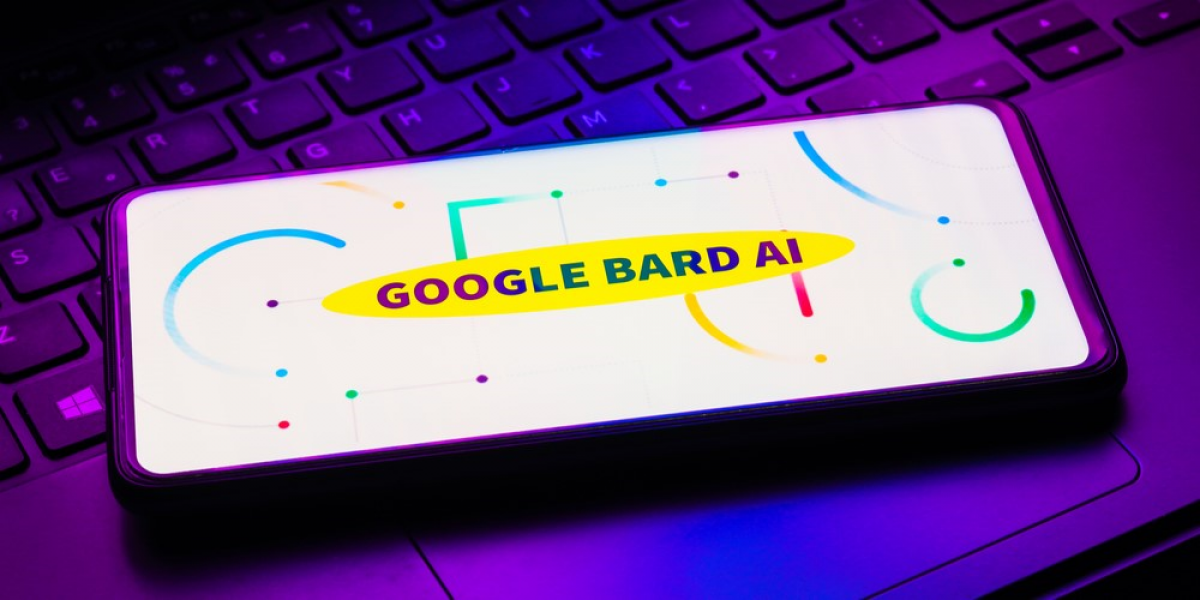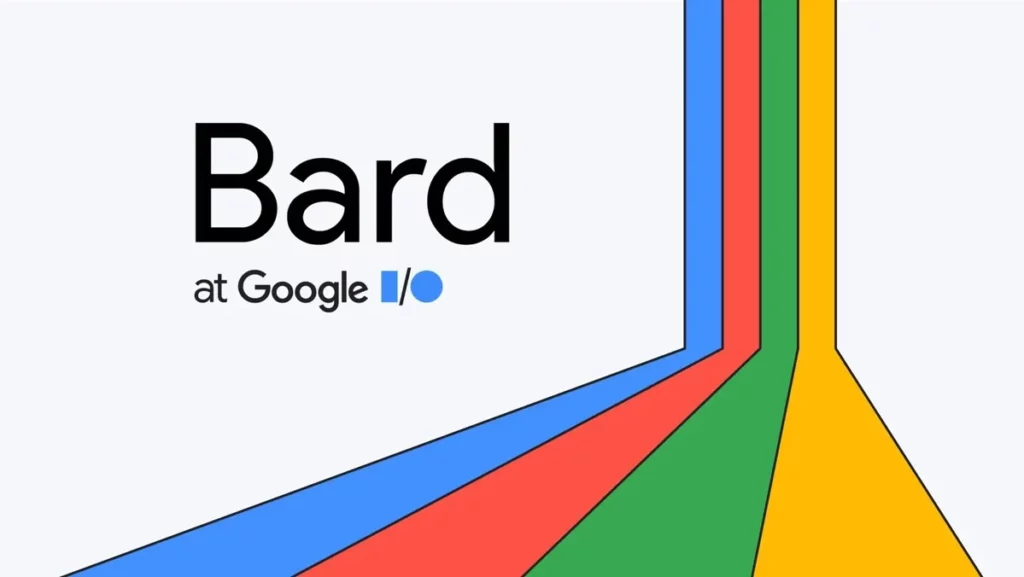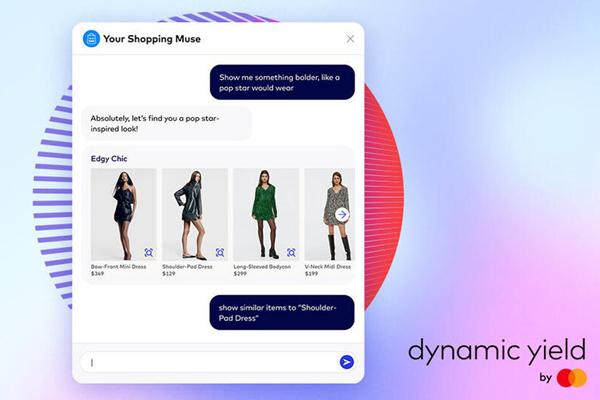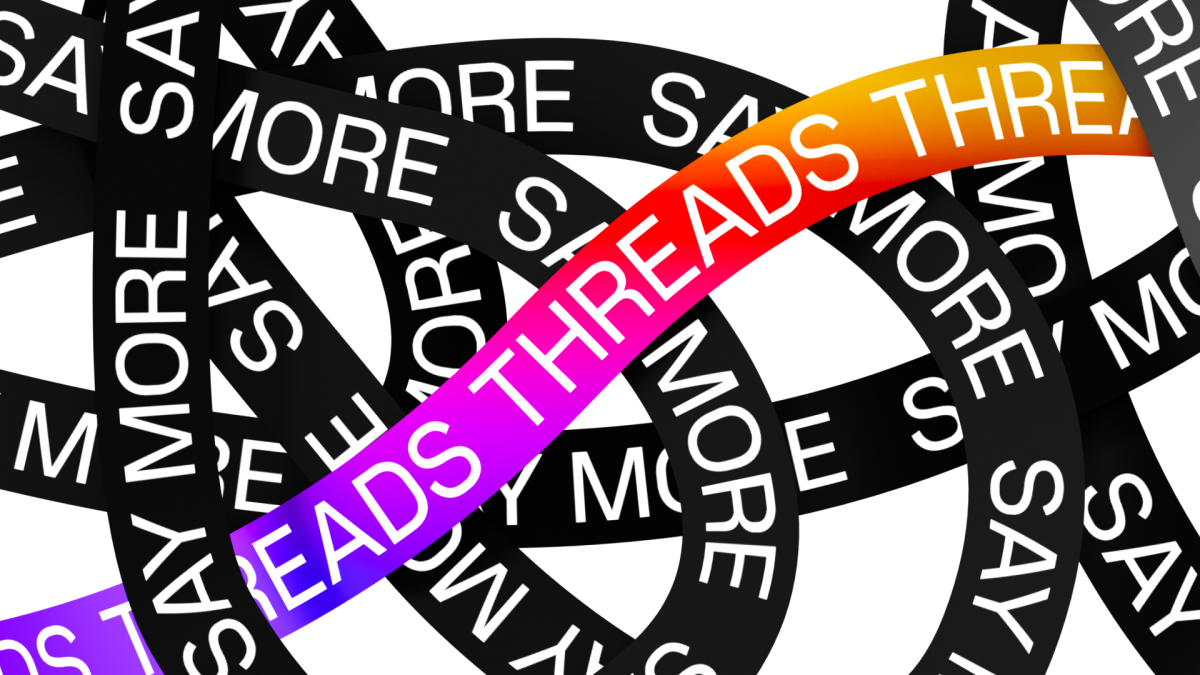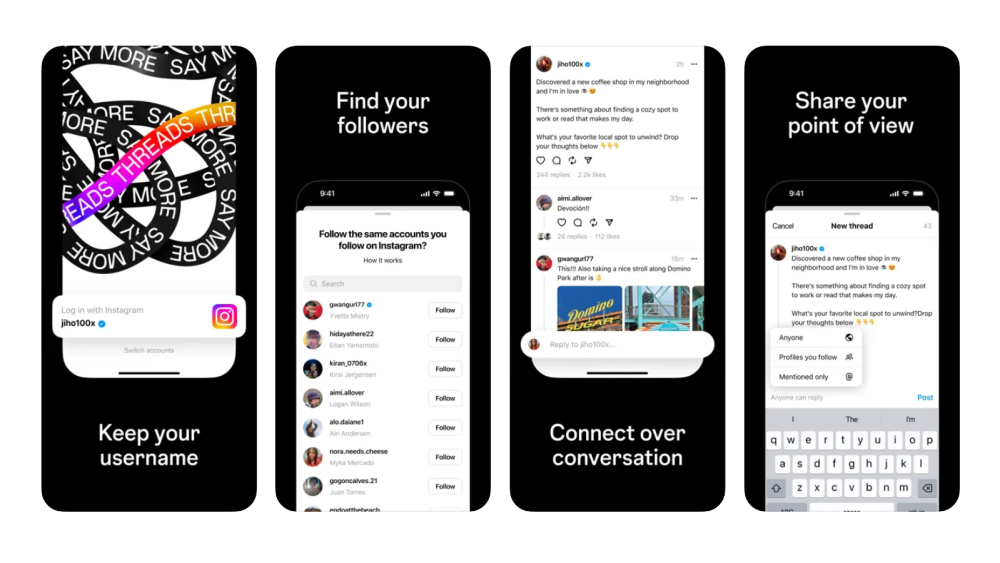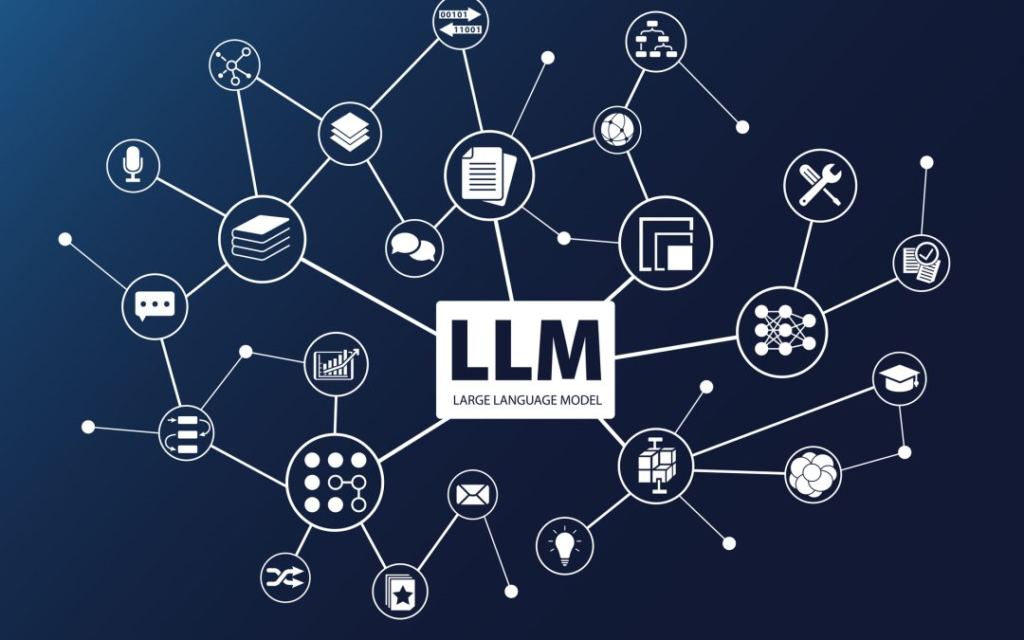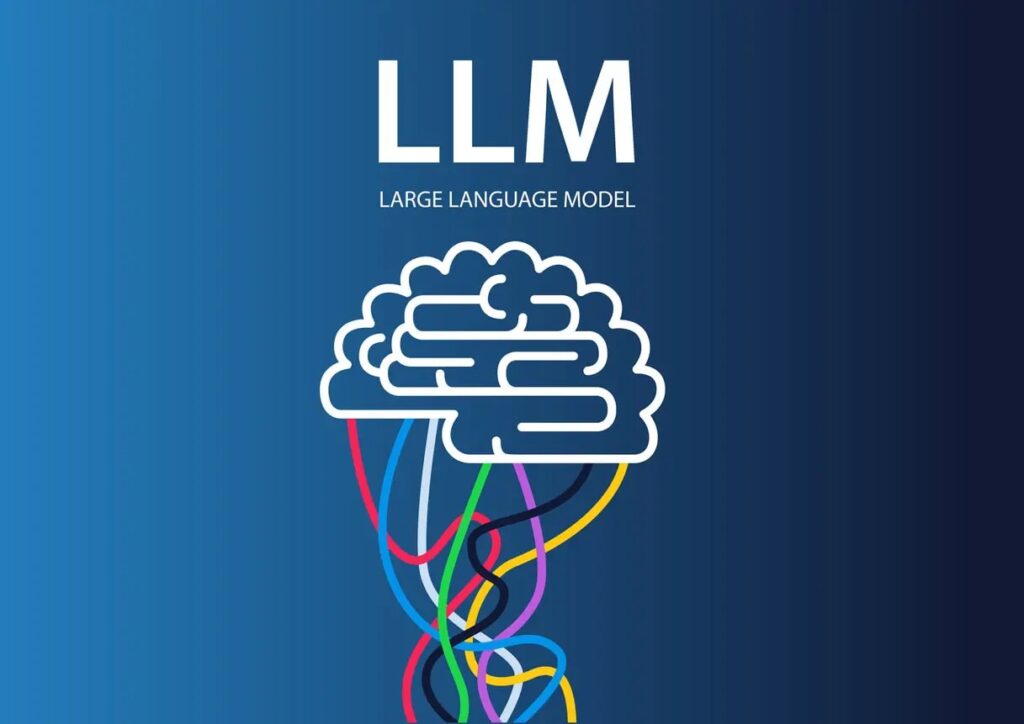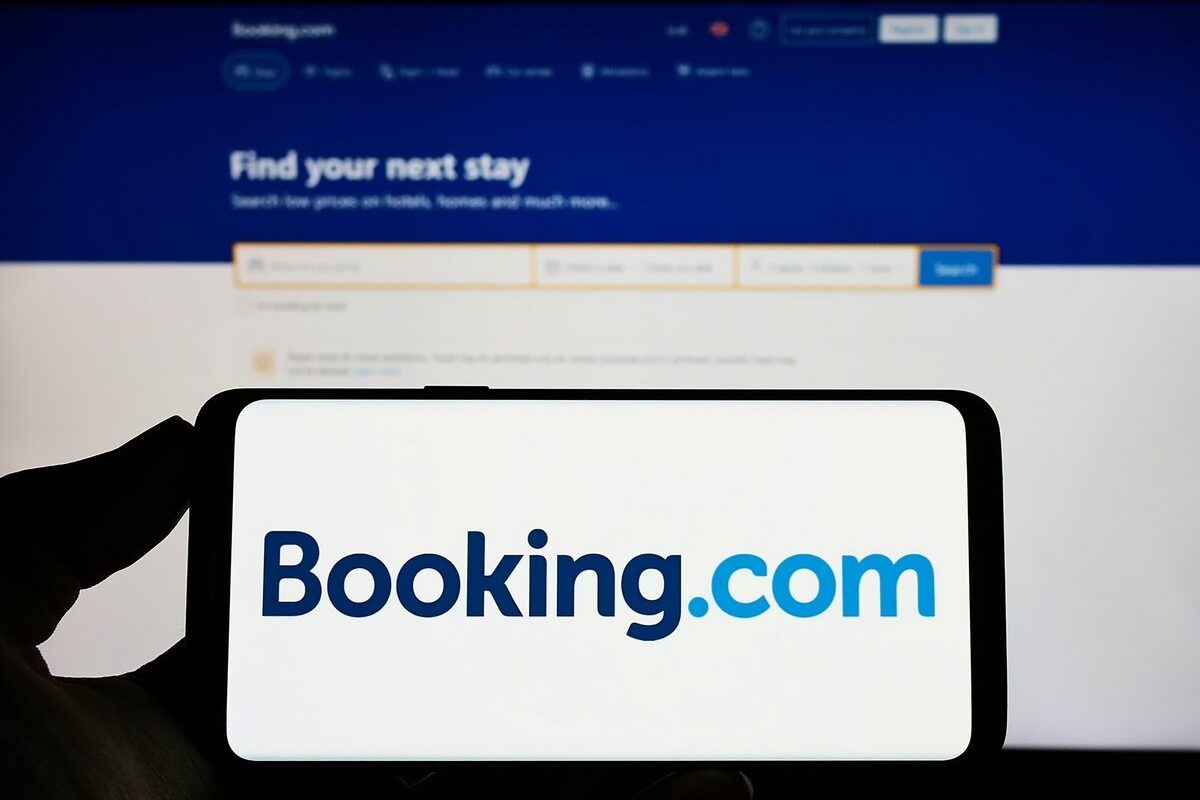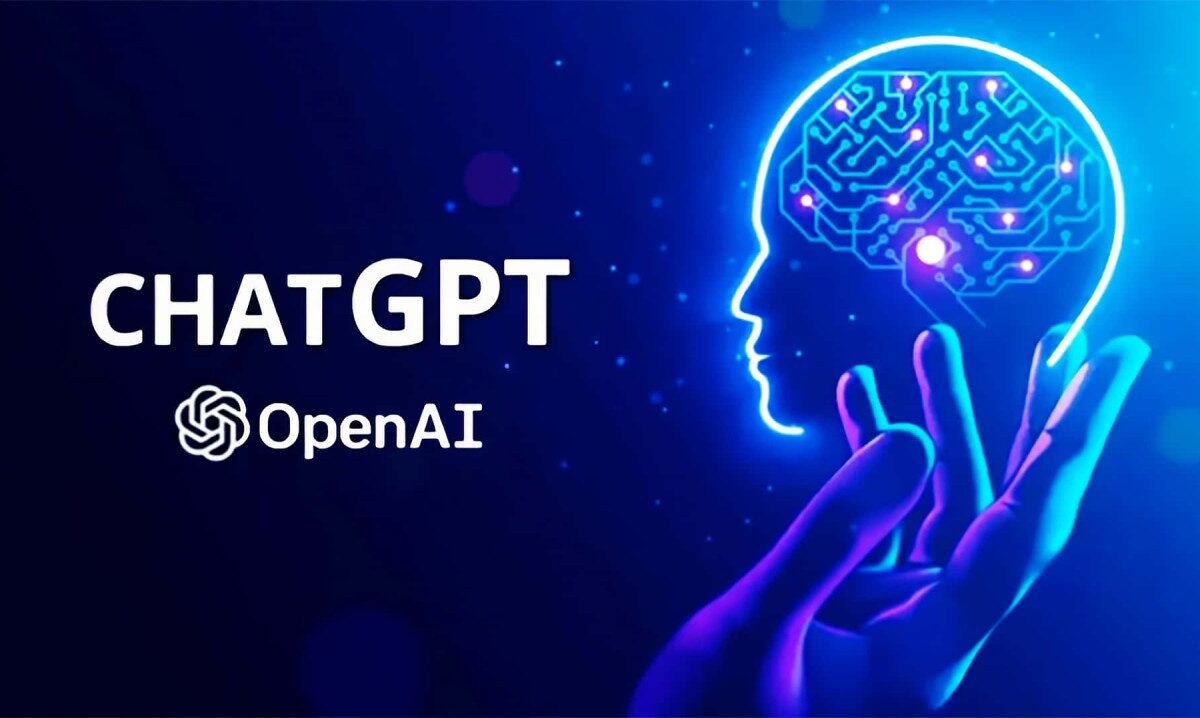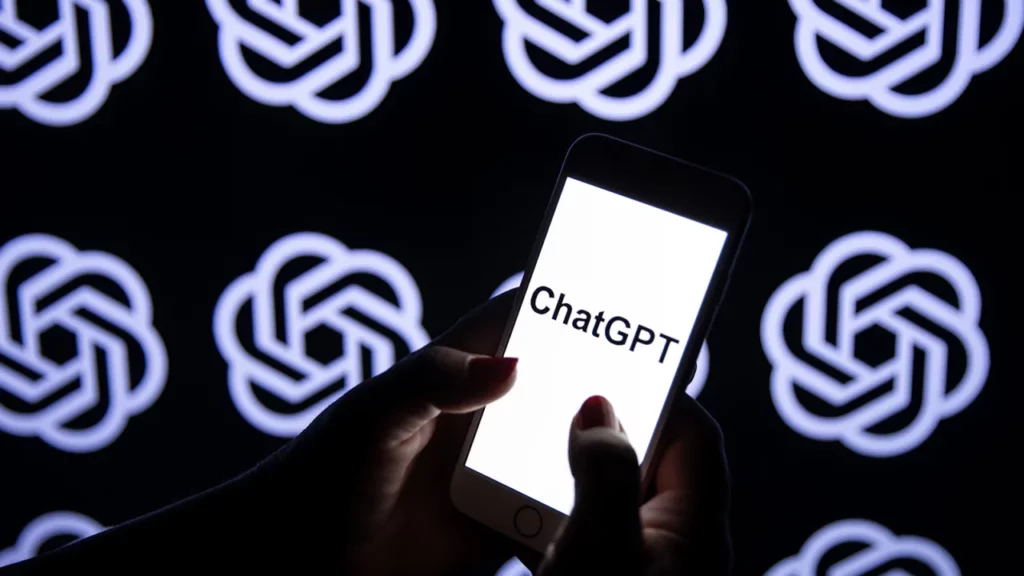Three years after initiating legal action against tech giants Apple and Google, Epic Games, the creator of Fortnite, has secured a significant win. The jury in the case of Epic v. Google has rendered its verdict, concluding that Google transformed its Google Play app store and Google Play Billing service into an illegal monopoly.
Following just a few hours of deliberation, the jury unanimously affirmed Google’s monopoly power in the Android app distribution and in-app billing services markets. They found that Google engaged in anticompetitive practices within these markets, causing harm to Epic. Additionally, the jury determined that Google established an illegal tie between its Google Play app store and Google Play Billing payment services. The distribution agreement, Project Hug deals with game developers, and dealings with OEMs were all deemed anticompetitive.
In response, Google’s Vice President of Affairs and Public Policy, Wilson White, stated that the company plans to appeal the verdict. White emphasized that the trial underscored Google’s fierce competition with Apple and other app stores on Android devices and gaming consoles.
Epic Games celebrated the verdict in a blog post, asserting, “Today’s verdict is a win for all app developers and consumers around the world. It proves that Google’s app store practices are illegal, and they abuse their monopoly to extract exorbitant fees, stifle competition, and reduce innovation.”
This legal triumph is noteworthy, particularly in contrast to Epic’s previous legal battle against Apple two years ago, which resulted in a loss. In the case of Epic v. Google, the focus was on undisclosed revenue-sharing agreements between Google, smartphone manufacturers, and major game developers. These deals, believed internally by Google executives to suppress rival app stores, exposed Google’s apprehension about Epic. Unlike the Apple ruling, the outcome was determined by a jury.
The specific remedies and implications of this victory are yet to be determined by Judge James Donato. Epic did not seek monetary damages but aims for a court declaration granting app developers the freedom to introduce their own app stores and billing systems on Android. The judge will meet with both parties in January to discuss potential remedies.
While Epic CEO Tim Sweeney suggested potential financial gains in the hundreds of millions or even billions if relieved from paying Google’s fees, Judge Donato has already indicated that he won’t grant an anti-circumvention provision as an additional measure.
Google’s Wilson White reiterated their commitment to challenging the verdict, emphasizing the openness and choice provided by Android and Google Play compared to other major mobile platforms.

